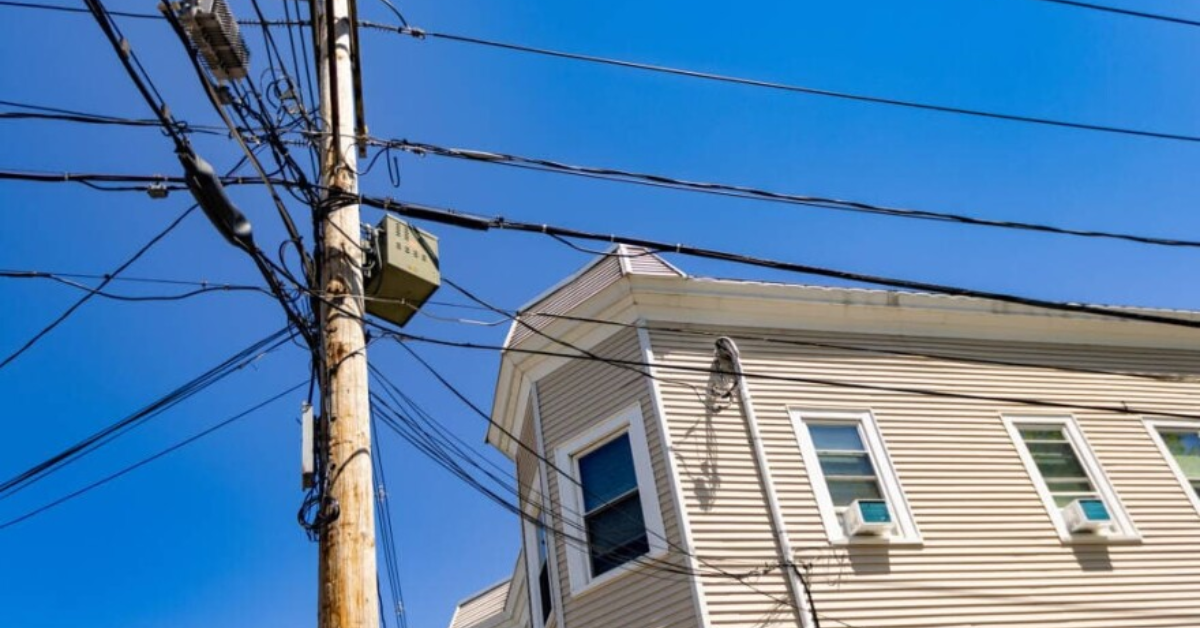Is your choice of electric supplier going away? It was supposed to on January 1. My electric bill is very high, and I didn’t even realize I had a choice to shop around.
The attorney general, as of this month, is continuing to fight to end deregulation when it comes to energy supplier choice here in Massachusetts. Why?
Including its 2025 update, it’s consistently found that low-income consumers are disproportionately harmed by the competitive electric supply market.
As compared to non-low-income customers, low-income customers are more likely to sign-up for competitive supply, more likely to be charged higher rates, and experience higher average net losses. -mass.gov
There is a difference between a utility company and an energy supplier.
What are your current utility choices in Massachusetts? Eversource, formerly NSTAR (The Eversource area that was formerly NSTAR is the region of Eastern and Central Massachusetts. Eversource provides retail electricity and natural gas to 1.4 million customers in this region, including the Boston urban area).
National Grid, formerly Mass. Electric (National Grid serves over 1.2 million electricity customers in 168 communities throughout Massachusetts, including Brockton, Worcester, Franklin, Marlborough, Southbridge, Newburyport, North Adams). Unitil (102,000 customers in MA, NH, ME).
Study shows third-party energy companies hurt the people who need the savings the most. “This report once again shows a clear pattern by the individual competitive electric supply industry of substantially harming our residents, with customers experiencing net losses of $51.8 million for the two years studied and predominantly in communities of color and low-income communities,” said AG Campbell.
What are examples of third-party energy suppliers? Clearview Constellation Smart Energy Direct Energy National Grid, Eversource, and Unitil all serve Massachusetts.
The average electric bill in Massachusetts is $262/month. Monthly electric bills are a product of how much electricity you use per month and your electric rate. In Massachusetts, the average monthly electric bill for residential customers is $262/month, which is calculated by multiplying the average monthly consumption by the average electric rate: 856 kWh * 31 ¢/kWh. – energysage.com
What is drawing all your electricity in your house? We often think that the size of the appliance is somehow equal to how much electricity it draws, or is that just me? My little brother is Local 103 IBEW in Boston, so he always corrects me.
AC/Heat Forced cold or hot air is a killer. Your HVAC system is almost 50% of your electricity bill.
Water Heater Your water heater, if you have one, can chew up about 15% of your bill.
Appliances Refrigerator, washer and dryer, electric stove, and dishwasher are next on the list. 13%
Lighting Leaving those bathroom lights on are using about 10% of your electricity.
Television/Computer Video games, streaming, and television account for about 5%
We are a family of 7, and our electricity bill was $550 last month, which is unacceptable. We had an electrical malfunction in our HVAC system, which solved the mystery!
Disclaimer: This article has been meticulously fact-checked by our team to ensure accuracy and uphold transparency. We strive to deliver trustworthy and dependable content to our readers.

